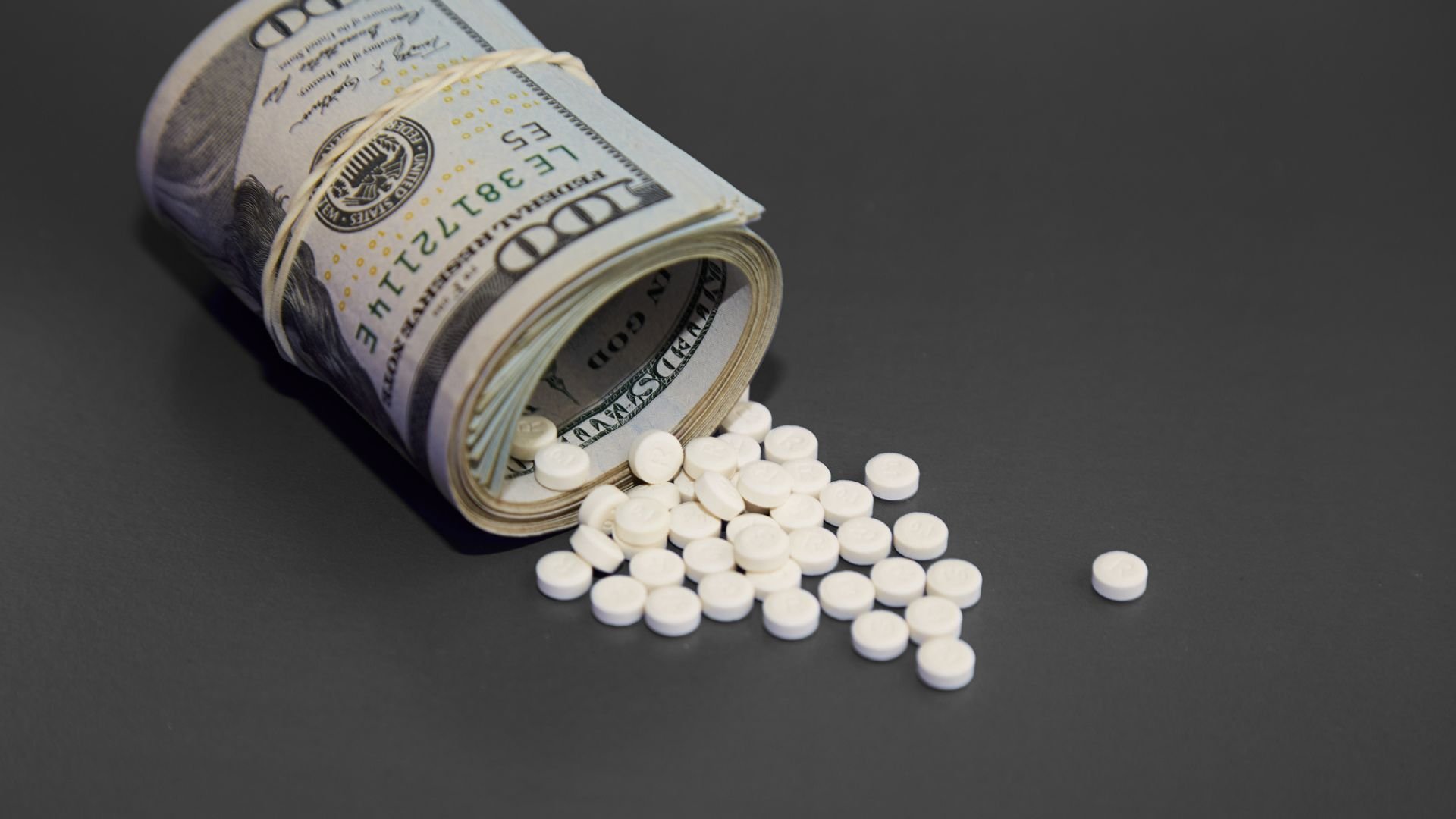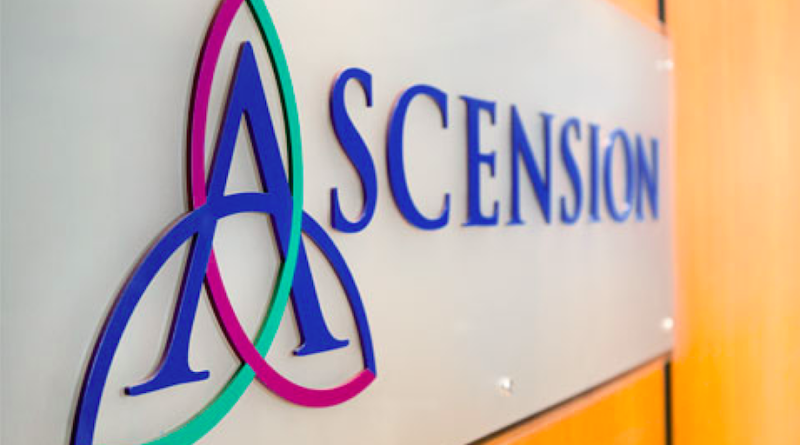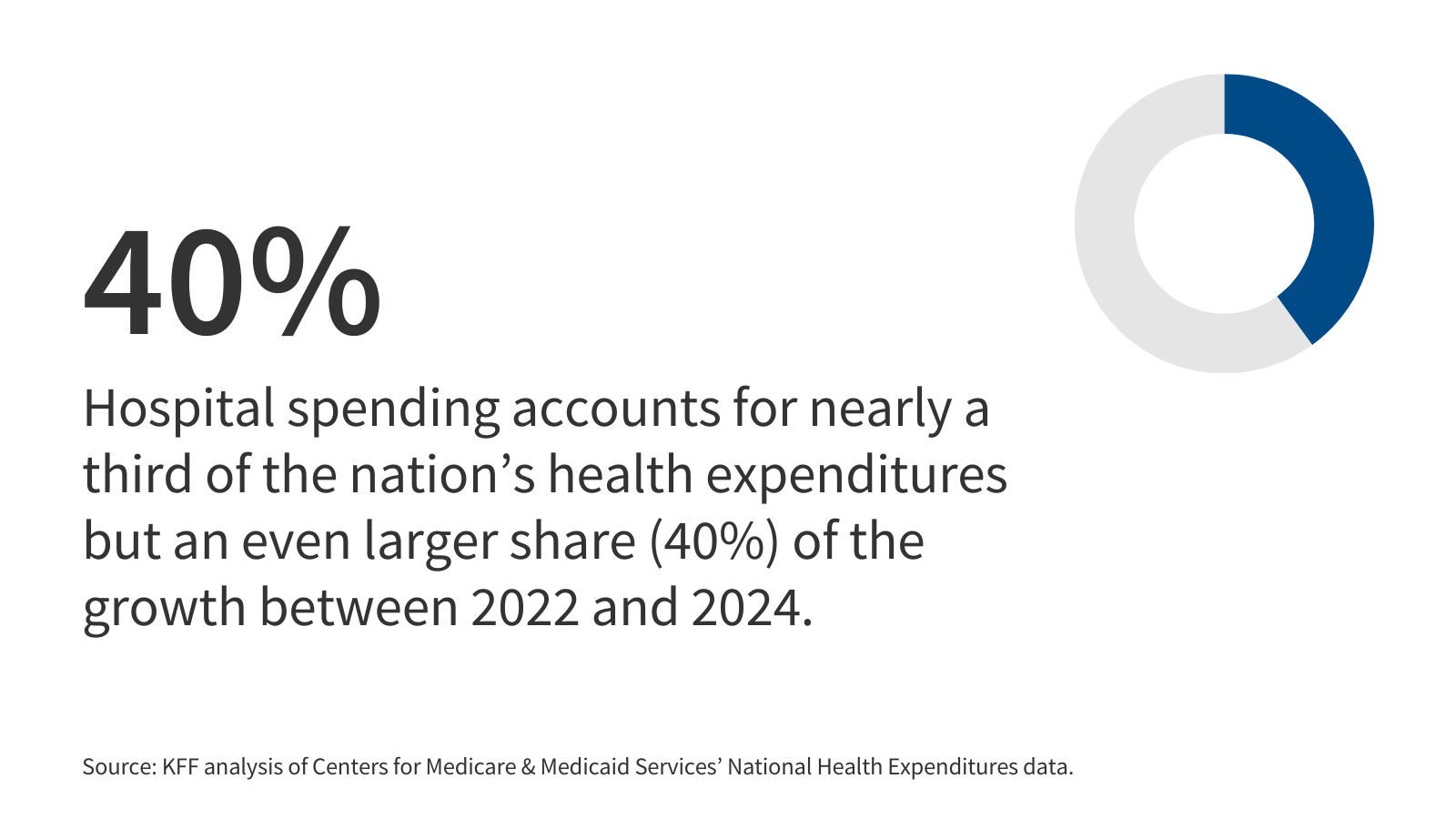CVS Caremark, Express Scripts and OptumRx dramatically mark up specialty generic drugs to affiliated pharmacies, the Federal Trade Commission (FTC) uncovered in its second interim staff report released Jan. 14.
The FTC’s findings—which analyzed 51 specialty generic drugs from 2017 to 2022—showed these pharmacy benefit managers’ (PBMs’) affiliated pharmacies spun up $7.3 billion in excess revenue when compared to the National Average Drug Acquisition Cost (NADAC), an estimate of what it costs a pharmacy to acquire a drug. An FTC official told reporters the $7.3 billion figure could be an underestimation.
PBM-affiliated pharmacy dispensing revenue increased at an annual growth rate of 42% from 2017 to 2021, and the top 10 specialty generic drugs generated more $6.2 billion of dispensing revenue in excess of NADAC.
One drug, Tadalafil, used to treat pulmonary hypertension, was marked up more than 7,700% in 2022. The multiple sclerosis drug, dimenthyl fumarate, costs $177 to acquire the drug, but PBMs paid affiliated pharmacies close to $4,000 on average for a 30 day supply.
Oncology drugs were sometimes marked up more than 1,000%, while HIV and transplant drugs were marked between 100% to 1,000%. In 2021, operating income from these PBMs’ affiliated pharmacies from specialty generics totaled 12% of all operating income for the parent corporations’ business segments. The Big 3 PBMs are vertically integrated with major insurers CVS, Cigna and UnitedHealthcare.
“This analysis shows that the two case study drugs analyzed in our first interim report weren’t isolated examples,” said an FTC staff member during an open commission meeting.
The report also showed that the PBMs earned $1.4 billion from spread pricing, or when PBMs bill plan sponsors more than they reimburse pharmacies.
An FTC spokesperson did not comment on any potential ongoing investigations, or whether the agency will take further legal action.
A CVS Caremark official said the FTC did not allow them to preview the report.
“Our clients, not CVS Caremark, select which specialty and non specialty pharmacies are included within their network,” the official said. ”These employers, unions and state and local governments frequently choose to include CVS Specialty pharmacies because of the cost-savings CVS Specialty delivers across the total collection of specialty products, as well as the comprehensive care management programs we offer.”
CVS says their clients’ specialty drug spend increased by 3.7% (PDF) for the 2023 calendar year, roughly inline with inflation. The company says the FTC cherry-picked specialty generic outliers in its first report released in July, and the company is already transitioning to its new TrueCost drug pricing model.
OptumRx said the company is also reviewing the report.
“Optum is lowering the cost of specialty medications, which comprises half of all drug expenditures, and providing clinical expertise, programs and support for patients with complex and rare conditions,” a spokesperson told Fierce Healthcare. “In 2024, we helped eligible patients save $1.3 billion and the median out-of-pocket payment for these patients was $5.”
Express Scripts called the report “another set of misleading conclusions on a subset of medications” representing less than 2% of annual health plan spend on medications.
“Nothing in the FTC’s report addresses the underlying cause of increasing drug prices, or helps employers, unions, and municipalities keep prescription benefits affordable for their members,” said a spokesperson. “We look forward to continuing to address the blatant inaccuracies in the Commission’s reports.”
The FTC’s first interim report—which detailed the impacts of vertical integration and unfair contractual relationships—was more limited in scope, only analyzing a couple specialty generic cancer drugs. But unlike the first report, all five commissioners voted in support to release today’s report, including incoming Chair Andrew Ferguson. While Ferguson is likely to differ from Khan on antitrust and mergers and acquisitions in some industries, he appears supportive of reining in PBMs.
Members of Congress expressed concern PBMs were refusing to hand over all requested data and materials to the FTC
The agency sued the PBMs, and its group purchasing organizations, in September for anticompetitive practices and artificially raising the price of insulin. PBMs countersued in November. Last week, PBMs submitted a motion for subpoena of the FTC’s communications with organizations such as the National Community Pharmacists Association, American Economic Liberties Project, American Medical Association, the New York Times, the National Alliance for Healthcare Purchaser Coalitions, Cost Plus Drugs and more.
The FTC filed to dismiss the PBMs’ claims and called their counter litigation efforts as “scare tactics.”
At Tuesday’s open meeting, the last meeting Chair Lina Khan will run, workers injury company RescueMeds CEO Colleen Shields said the federal government exclusively uses OptumRx as its PBM, suggesting that should not be the case.
In 2021, plan sponsors paid $4.8 billion for specialty generic drugs and cost sharing equaled $297 million, the FTC said. From 2017 to 2021, spending by plan sponsors and patients increased at annual growth rates of more than 20% for commercial claims and 15% for Medicare claims.
This highlights how the issue is getting worse and will require legislative attention, said an FTC official.
Lawmakers on both side of the aisle, and President-elect Donald Trump, are hopeful PBM reform will passed this year, after legislation was excluded from a lame duck spending bill.
Publisher: Source link










